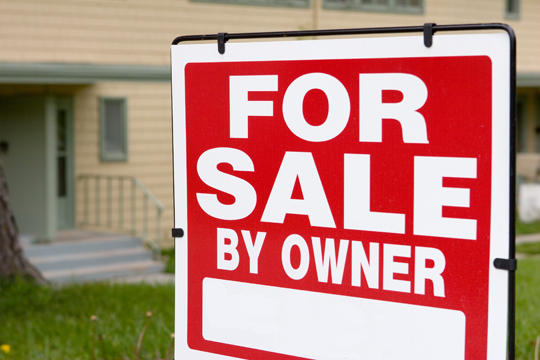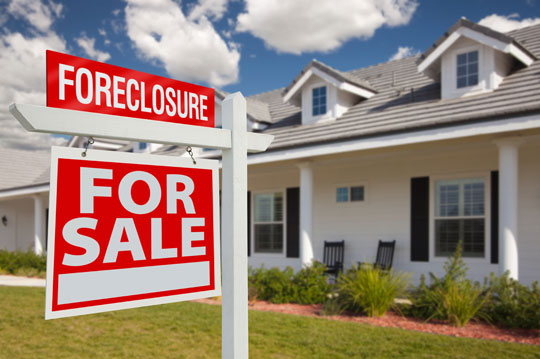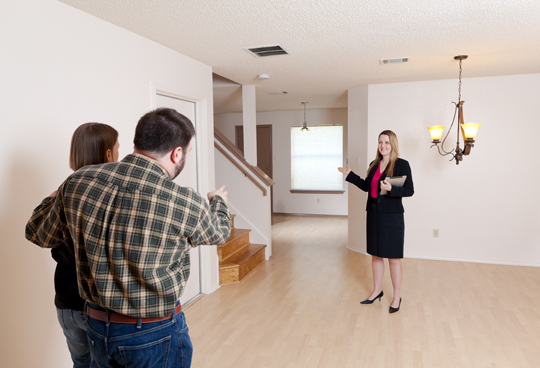The foundation is the part of your house that you cannot see, yet it is as important as what you have above the ground. It’s the first part of your house that was built or is going to be constructed. As the base of your home, the foundation is a vital component in the structure and resistance of a building. There are several building foundation types, but two of them are most common: the cement slab foundation and the raised blocks foundation. Let’s see the main differences between them.
Cement Slab Foundation
This type of foundation is made of cement or concrete. It’s a flat, solid slab that stretches uniformly at ground level and on which the house is raised. The slab is reinforced with steel rods that prevent it from developing cracks. Its role is vital, as it will support the weight of the house and delineate its size. Cement slab foundations are very popular due to their resistance their easy maintenance.
The popularity of cement slab foundations is also explained by its relatively low cost and quick installation. Moreover, unlike other building foundation types, a house built on a slab foundation offers better insulation, as the temperatures inside are not influenced by the space underneath. On the flip side, this type of foundation does not allow you to enjoy the benefits of a basement, and plumbing repairs are difficult because water lines are buried under the cement or concrete.
Raised Blocks Foundation
This kind of foundation rises above ground level and is a structure that is meant to elevate the house. It can be made of concrete blocks or by pouring concrete in forms. In areas with abundant rainfall, the raised blocks foundation might be a better option that can protect your house from flooding. Another advantage is that it allows for additional storage space. Also, plumbing and electrical cables are easier to fix, but the problem is that in time, this type of foundation can deteriorate due to fungus, may decay because of the elements, or get infested with termites or other pests.
Get Help for Your Real Estate Projects
Whether you’re building a house or buying one and need help with your real estate projects, TalkLocal can track down the right professional for you. Our service is easy and free.














